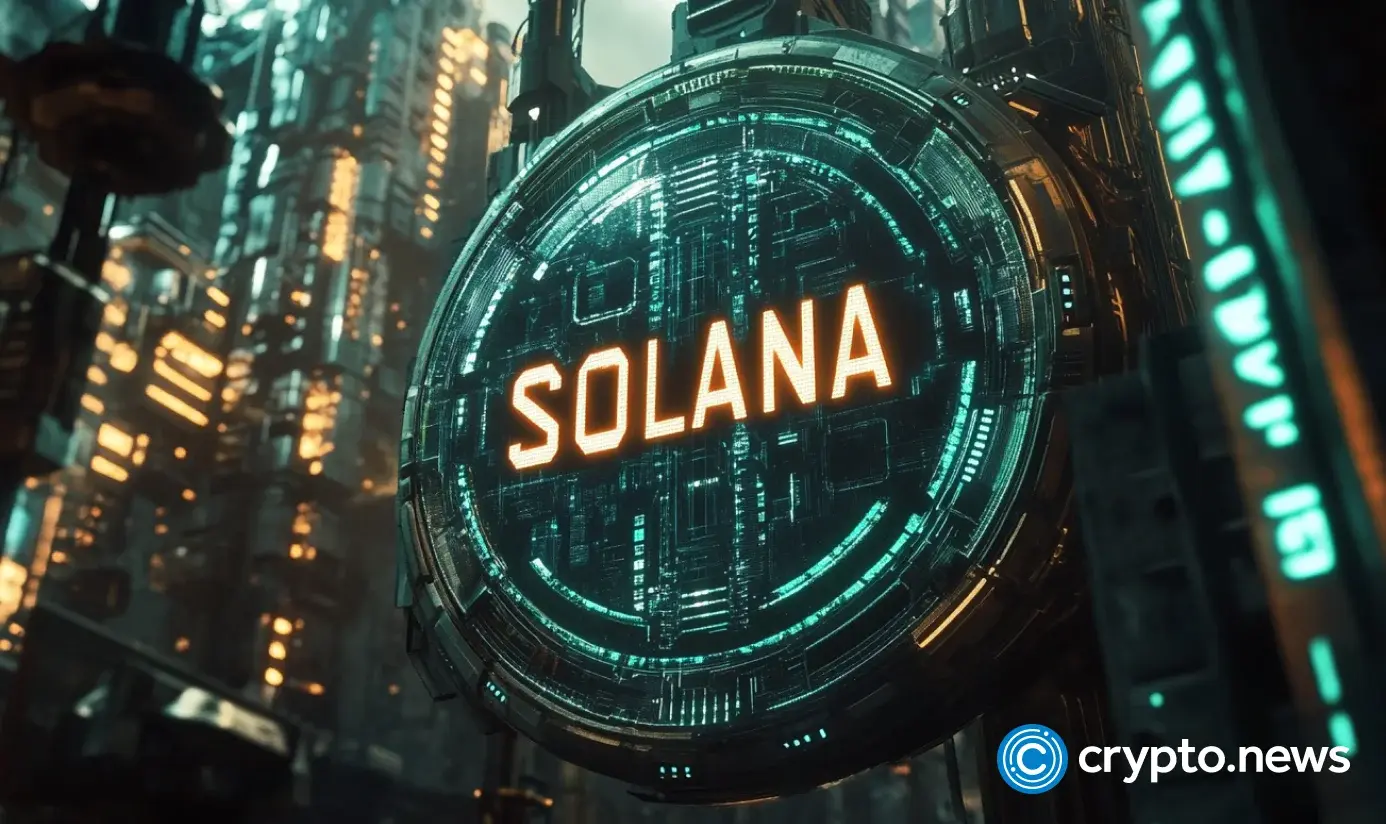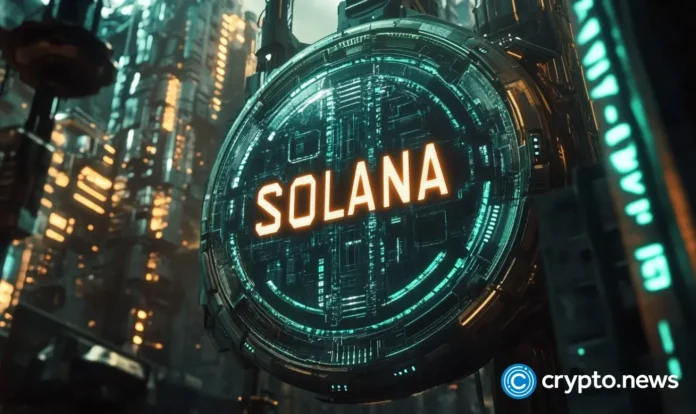Solana Validator Community Proposes Alpine Glow Upgrade
The Solana validator community has initiated a proposal, known as SIMD-0326, to implement the Alpine Glow upgrade, which aims to replace the current Tower BFT consensus mechanism with a faster, simpler, and more resilient system. This upgrade has the potential to significantly improve the performance and functionality of the Solana network.
The proposal, developed by Anza, a research team based on Solana, introduces a direct coordination mechanism, signature aggregation, and a validator startup card fee to rationalize participation and reduce bandwidth costs. Validators exchange votes outside of the chain, with cryptographic evidence confirming consensus, which is expected to reduce the block finality from 12.8 seconds to 100-150 milliseconds.

This upgrade would bring Solana closer to Web2 infrastructure, making it more suitable for applications that require fast and reliable transaction processing, such as high-frequency trading and gaming. The proposal also introduces a fixed 1.6 SOL validator registration ticket per era, which is compensated for in inflation and preserves economic obstacles for participation.
How Alpenenglow Works
Alpenenglow is based on a votor, a slight voting protocol that closes blocks in one or two rounds, depending on the support of the validator. Blocks can be certified in a single round with a permit of at least 80% or in a second round with a threshold of 60%. This design reduces the network load by eliminating unnecessary traffic and formalizing security guarantees that are missing from Tower BFT.
The system also features a resilience model with “20+20”, which ensures that the network can withstand up to 20% of controversial validators and another 20% of validators that are not responding. Future improvements include the replacement of Solana’s Turbine data expansion system with Rotor, a more efficient protocol that requires separate governance approval.
Debate and Governance Process
The community around Alpenenglow is divided between optimism and caution. Supporters emphasize the benefits of rationalized validator processes, reduced finality delays, and improved application usability. However, critics raise concerns about the potential risks of deployment, economic effects, and the impact on smaller operators.
The governance process for the Alpine Glow proposal involves a coordination period from epochs 833 to 842, during which participation is required by two-thirds of the majority of no votes and a quorum threshold of 33%, including abstentions. The results of this process will determine whether Solana will proceed with one of its most ambitious consensus overhauls.
For more information on the Solana Alpenenglow proposal and its potential impact on the Solana network, visit https://crypto.news/solana-alpenglow-proposal-block-finality-2025/

